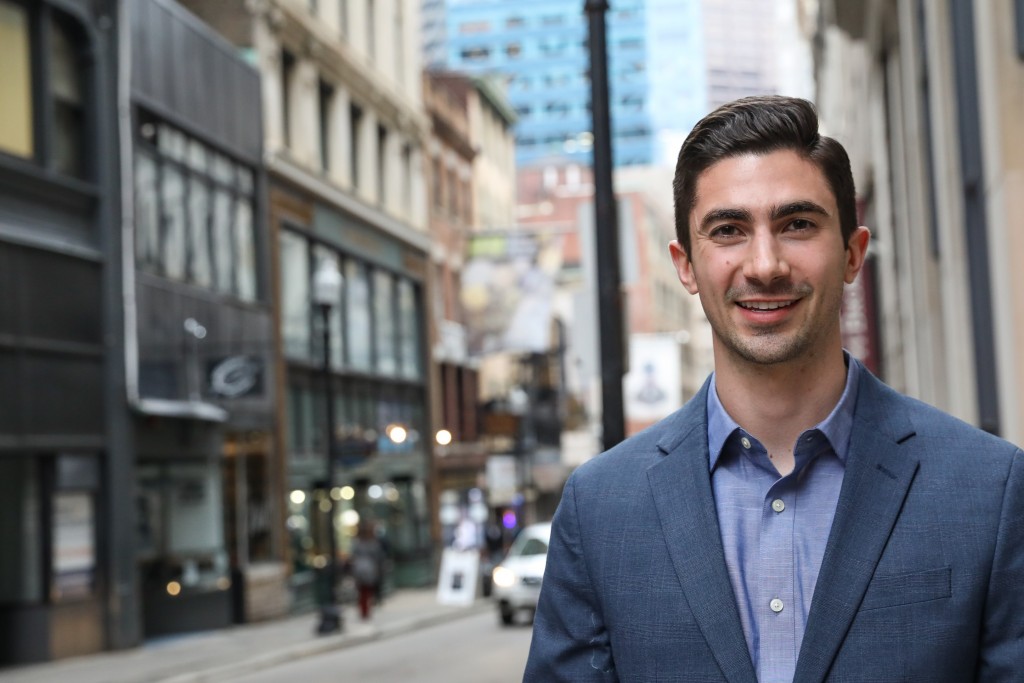
By Michael Anderson
The morning of November 21, 2016, I arrived at the Standing Rock Sioux Reservation. The landscape echoed with prayerful declarations of “mni wiconi” and the air was weighted by the brutal encounter with law enforcement the night prior. An urgency to protect the Sioux people’s right to land and clean water called me to the Reservation, and while there, I witnessed a community’s struggle to achieve those basic rights. The injustices that mark the history of Dakota Access Pipeline construction are numerous and they have deeply impacted the indigenous community that depends on the water the pipeline threatens. Standing Rock deepened my sense of the need to address societal problems implicated by environmental policy and law. In addition to my work at an environmental nonprofit, it ultimately led me to apply to law school.
Before law school, I worked at the Kalamazoo Nature Center. I worked closely with the U.S. Fish & Wildlife Service to plan and implement recovery efforts for regional threatened and endangered butterfly species, including the Mitchell’s satyr butterfly. The Mitchell’s satyr is federally endangered and protected under the Endangered Species Act. I gained a profound appreciation for this rare butterfly, as well as an understanding of the limitations of the ESA, a statute that has recently come under attack. Though the ESA made it possible to secure protection for critical habitat necessary for the conservation of the species that would have otherwise been developed, the power it offers is often not enough and now under attack from various proposed regulations. The ESA and other statutes, such as the Clean Water Act, are critical to ensuring preservation of the natural world.
Since being in Boston, policy engagement at the Massachusetts State House and environmental regulation at the Mass. Department of Environmental Protection has affirmed my commitment to environmental law. In conjunction with a competitive fellowship geared towards galvanizing the next generation of public policy leaders, this past summer I worked for Sen. Patricia Jehlen at the Massachusetts State House. I was exposed to the legislative process, and more importantly, privileged to lead a policy initiative regarding the State’s response to invasive species. My time at the state Department of Environmental Protection also showed me that environmental advocacy is often limited by policy, and that society depends on those that advance justice through policy.
The first law of ecology establishes that everything is connected. As I have learned, the future of the environment is deeply tied to the policy that surrounds it and the governments that impact it.
Michael Anderson is a 2020 JD candidate at Suffolk University Law School. During law school, he interned at the Massachusetts Statehouse, the Mass. Dept. of Environmental Protection and earned fellowships with the Rappaport Center for Public Policy and Law and the Conservation Law Foundation. Michael also is president of Suffolk’s Chapter of the American Constitution Society and Vice President of the Queer Law Alliance. During his third year, he will be a student attorney in the Suffolk Prosecutors Clinic.

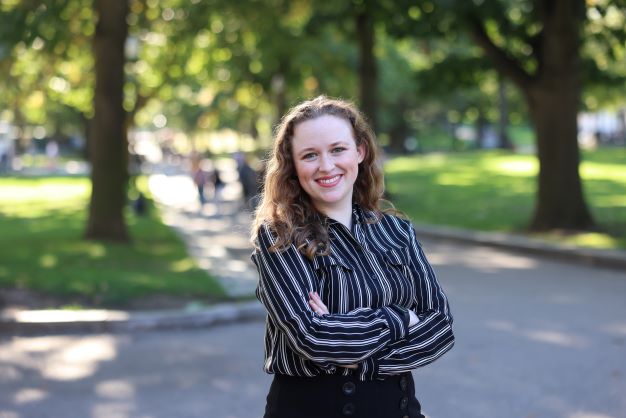
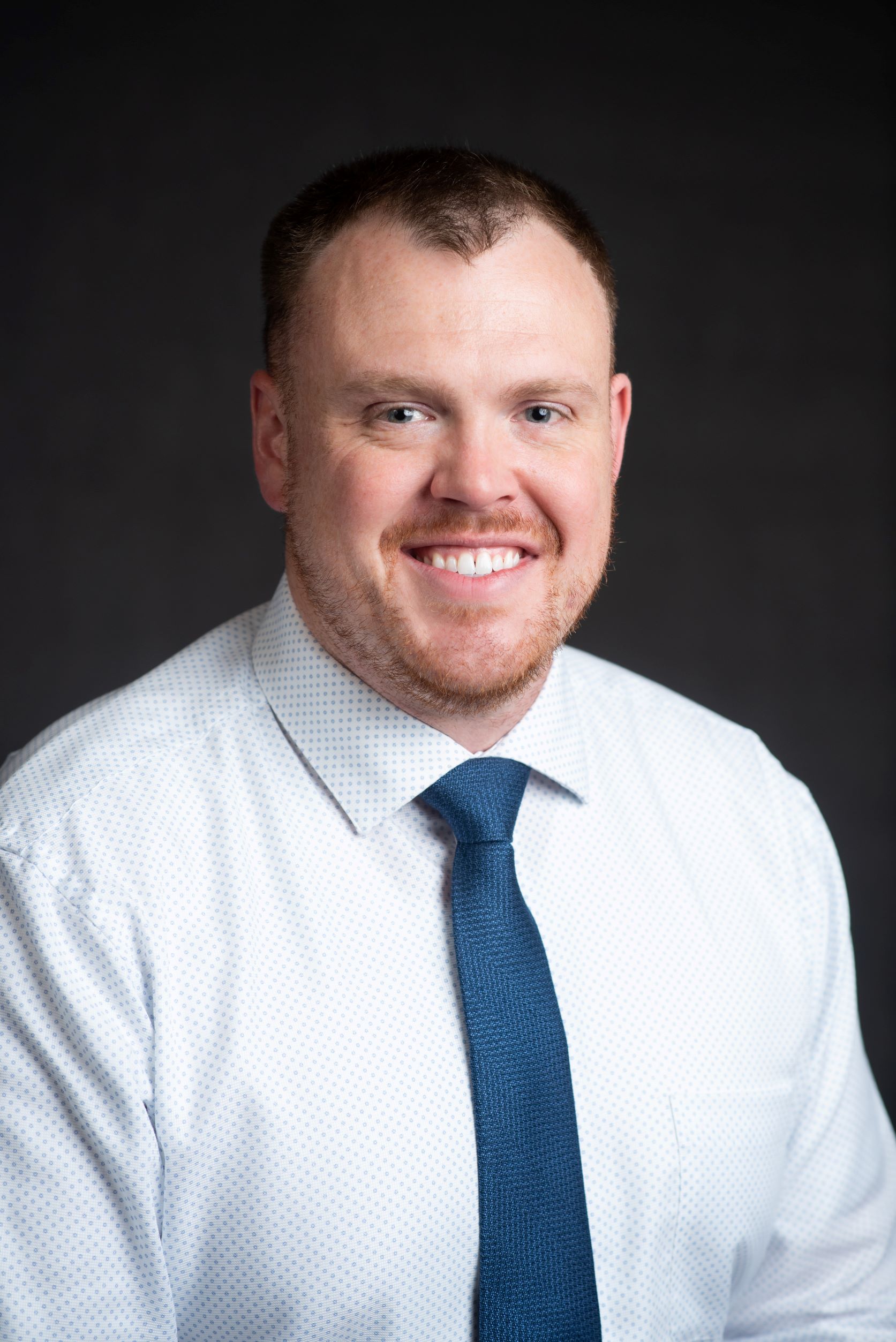
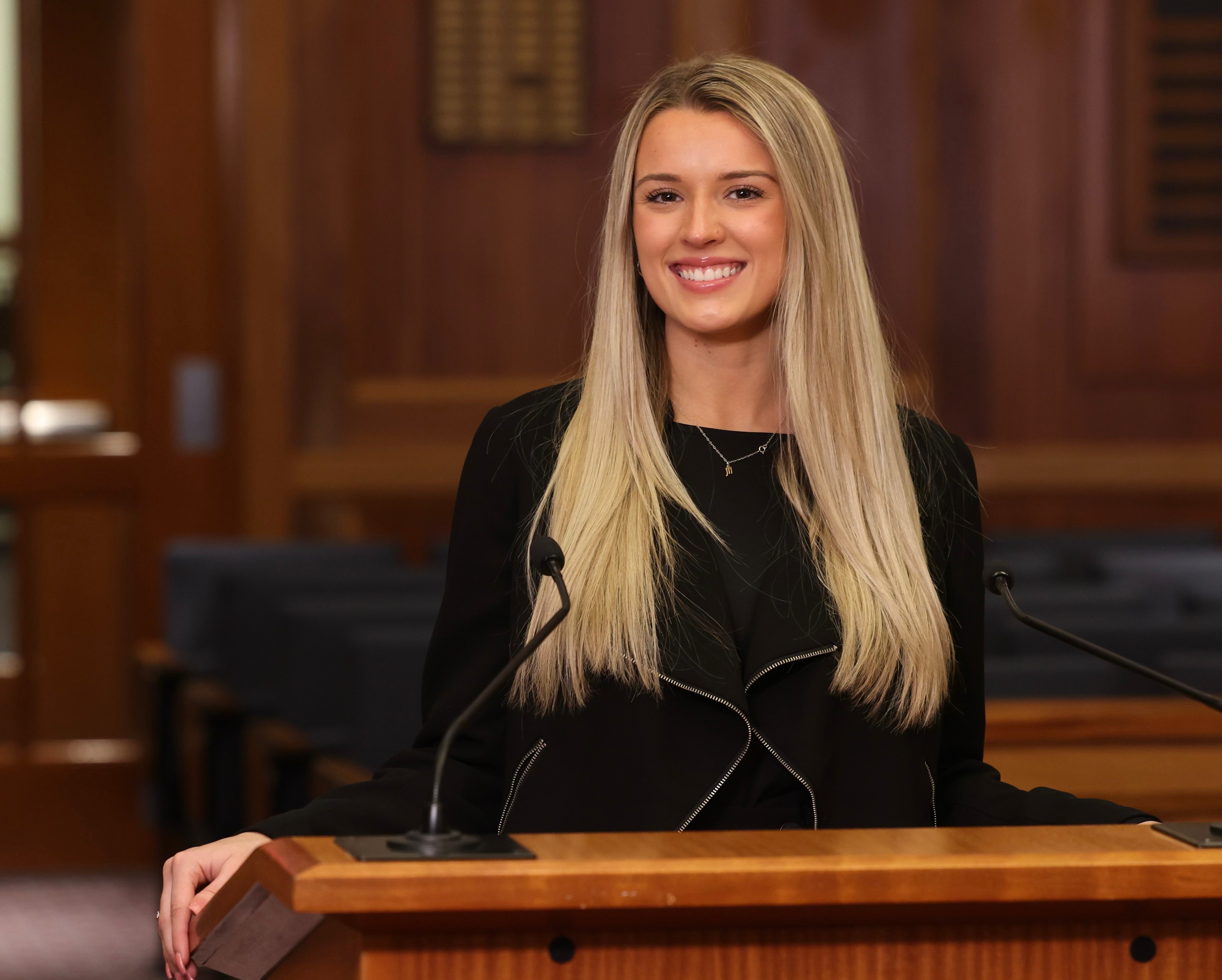
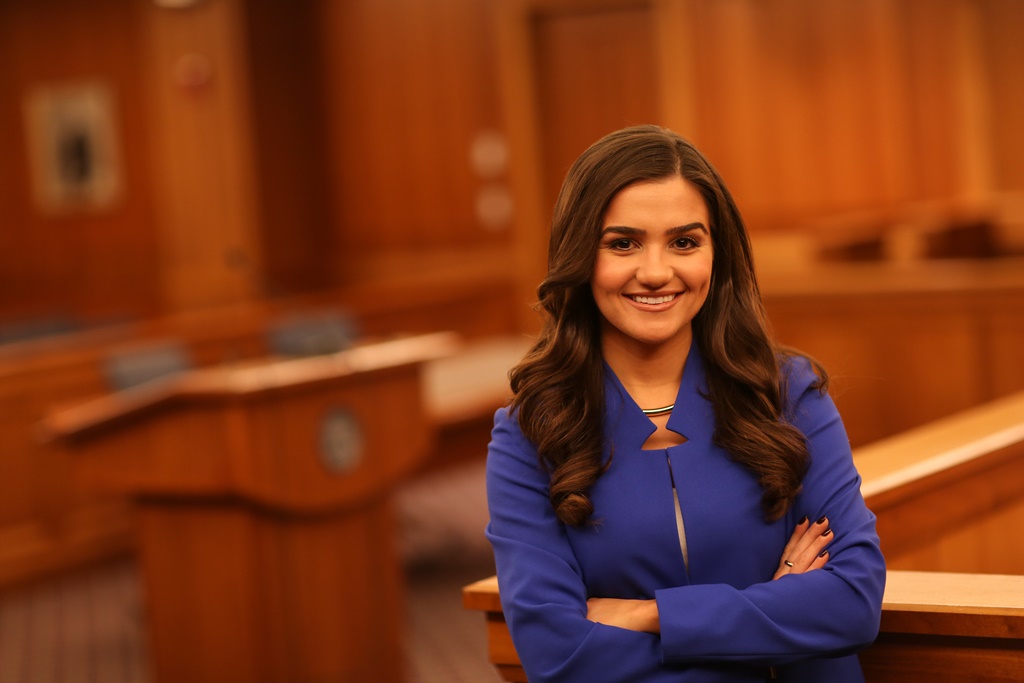







Follow Us